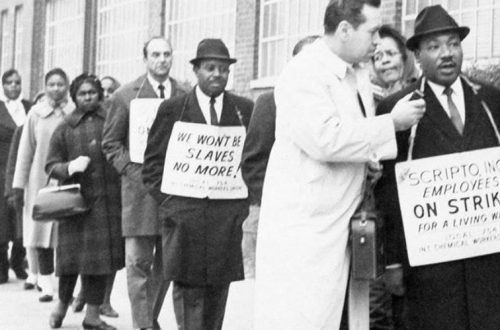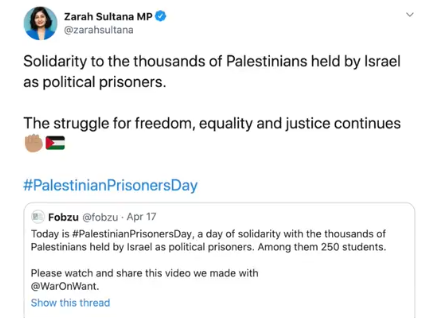This is a guest post from falsedichotomies.com
An unholy alliance of the Zionist far-right and the anti-Zionist far-left is trying to bring Israel down. Like previous unholy alliances, the two partners despise one another, but realize that they are locked in a symbiotic relationship: without one another they will die. The far-right needs the hysteria of the far-left as a pretext for the legislation that fulfills the far-left’s fantasies.
In 2011, Israel’s far-right is stronger than ever. They seek an Israel that will maintain decisive control over the occupied territories, where non-Jews will have limited rights, and where orthodoxy will continue to maintain its grip on the country. Their representatives are to be found in HaBayit HaYehudi, United Torah Judaism, Shas, Yisrael Beitenu, and Likud. Their primary weapon is Knesset legislation.
The anti-Zionists want Israel to be transformed into a Palestinian-Arab state. So the only way to assuage them is for Israel to commit national suicide. They believe that Israel was racist and evil before the anti-boycott bill was passed, and that it would remain racist and evil even had it failed. Their ‘One State Solution’ makes as much as sense as forcing Serbs and Croats to live together in a New Yugoslavia. Their primary weapon is BDS, and an increasing number of Israeli organizations are beginning to sympathize with their ideas.
The anti-boycott bill is a disgrace. It effectively delegitimizes a political position held by large numbers of Israelis since the day the occupation began, namely that the settlement enterprise is both immoral and runs counter to the strategic interests of the State of Israel. One could argue that a bill limited to those advocating total BDS might be justifiable under the principle of reciprocity, but given Israel’s increasingly precarious international position that would also be unwise. When even the Anti-Defamation League comes out in opposition to Israeli legislation, questions need to be asked. 
The easiest way to fight the bill is to take it to the Supreme Court, but this approach is problematic. I do not agree that it is anti-democratic for civil society to challenge legislation in the Supreme Court (while Israel has no official constitution, the Basic Laws do provide guidelines that legislators are supposed to abide by), the perception will remain that a vocal political minority is using its inbuilt support in the courts to strike down the will of the people.
Another option is to create martyrs. The settlement boycott has achieved a number of successes over the years; the campaign could be ramped up to see how many cases will be brought against it. While there may be some advantages to this approach, however, it does nothing to alter the fundamental equation.
The only way out of this mess is a difficult one, and there is no guarantee of success. Those that do not want to be drawn into the diabolical dance of Israel’s would-be butchers, those who seek the establishment of a Palestinian state alongside Israel and the enactment of a national constitution which guarantees civic rights and religious freedoms, have to stop complaining about our weakness and begin building up our parliamentary strength. We must confront the reality that the Israeli electorate currently leans to the right, and respect this decision. To call them ‘Fascists!’ or to run crying to the Supreme Court every time is churlish. The only place we will be able to transform this unfortunate dynamic is at the ballot-box. The Israeli left remains down but not out; amidst the disappointment of the anti-boycott bill we must start plotting the resurrection.


